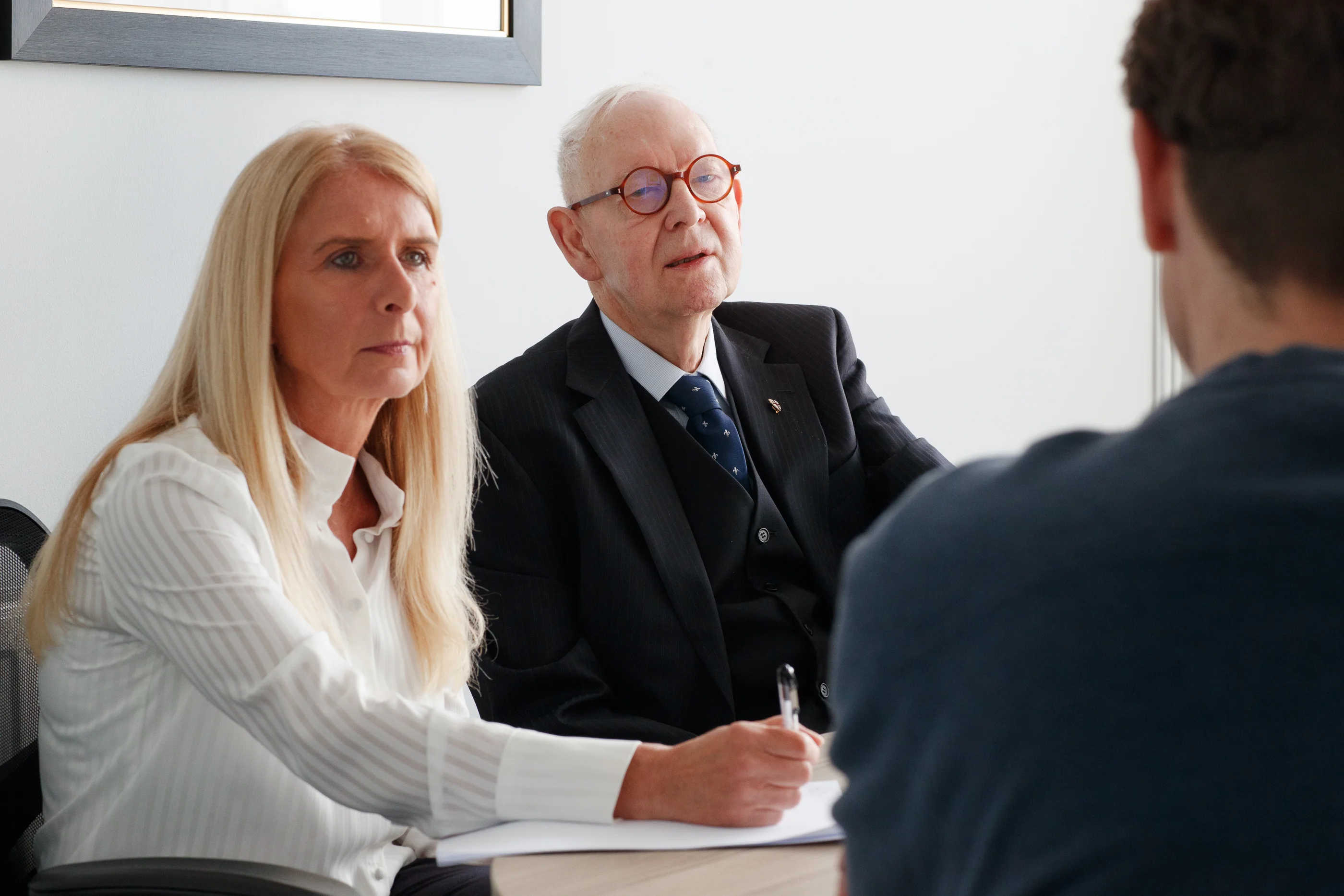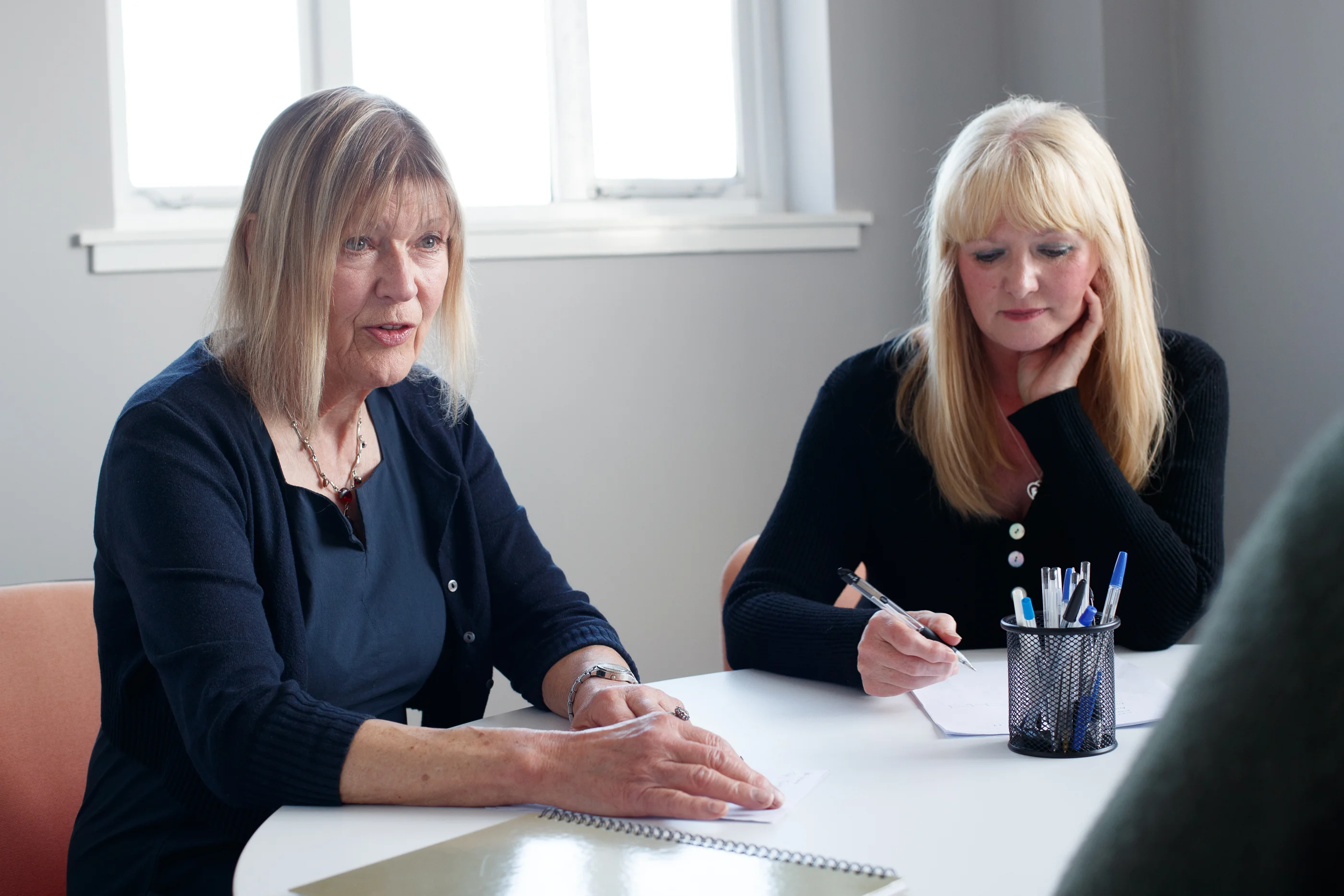Autism assessment for adults
£2,186
£2,186
Autism spectrum disorder (ASD) often goes undiagnosed until adulthood, where challenges with social communication, sensory sensitivities, and routines may become more apparent. An autism diagnosis can be a life-changing experience, providing insight into why things may have always felt different and helping you better understand your needs and how you relate to the world.
What is autism?Some indicators of autism in adults include:
Difficulty understanding or expressing emotions in social settings
Strong preference for routines and predictability
Overwhelmed by sensory inputs such as sounds, lights, or textures
Highly focussed interests or hobbies that may dominate daily life
Struggles with small talk or interpreting social cues
Provide a clearer understanding of behavioural patterns and traits that may have been difficult to understand before
Open doors to support and resources, such as therapies and accommodations in work or educational settings
Strengthen communication and support from family, friends, and colleagues, enhancing relationships and reducing misunderstandings
Correct any previous misdiagnoses and ensure the right help is received
We know the prospect of a formal assessment can feel daunting. That’s why our assessment process is designed to ensure you feel informed and supported every step of the way.
All our assessments are conducted face-to-face at our diagnostic centre in Glasgow to provide the most thorough and accurate results. Curious about why face-to-face assessments are important? Please see our FAQs page.
In exceptional circumstances, we can offer online assessments, such as when someone cannot travel to the centre. However, if we have any doubts about the outcome of an online assessment, we'll arrange a further face-to-face follow-up (at no extra cost) to ensure the results are accurate. The in-person assessment usually lasts around two hours, though this may vary depending on the point at which team have the information needed to reach a confident conclusion.





